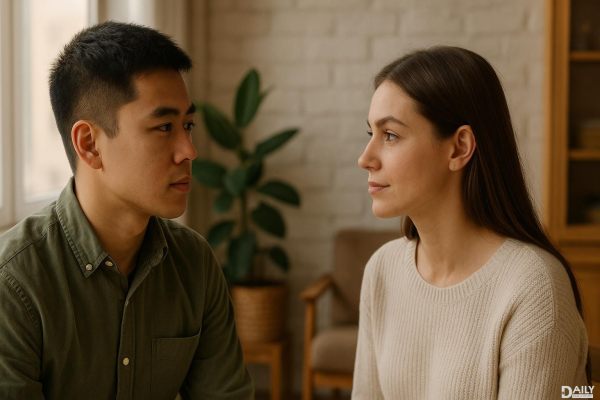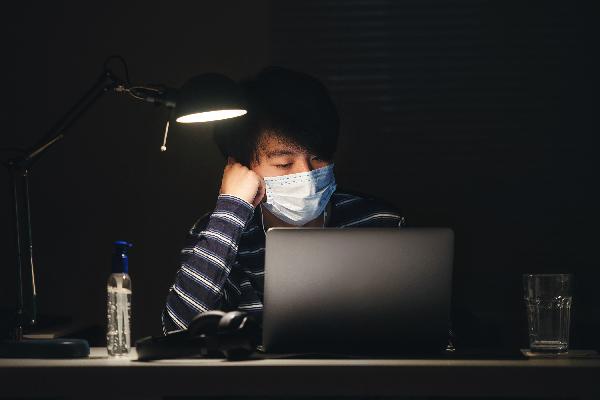If you've ever found yourself craving a spot where you can unwind, connect, and just be without the pressures of home or work, you're already halfway to understanding the magic of a Third Place. These social hubs—whether it's your local coffee shop, a cozy bookstore, or even a neighborhood park—serve as the backdrop for casual conversations, spontaneous friendships, and a sense of belonging that’s hard to replicate elsewhere. Unlike the structured environments of our homes or offices, Third Places thrive on low-stakes interaction, making them essential for mental well-being and community building. And let’s be real: in a world where digital connections often replace face-to-face ones, having a physical space to unplug and engage is more valuable than ever.
Why Third Places Matter More Than You Think
Think about the last time you struck up a conversation with a stranger while waiting in line for coffee or bonded with a regular at your gym. Those micro-moments of connection aren’t just pleasant—they’re necessary. Research shows that social isolation can be as damaging to health as smoking 15 cigarettes a day, and Third Places act as antidotes to loneliness by fostering organic interactions. They’re also equalizers; whether you’re a CEO or a college student, everyone’s just there for the vibe (and maybe a latte). The beauty lies in their simplicity: no RSVPs, no dress codes, no pressure to perform. Just show up, exist, and let the magic of unstructured socialization do its thing.
How to Find (or Create) Your Own Third Place
Not everyone has a Luke’s Diner down the block, but that doesn’t mean you’re out of luck. Start by identifying spots in your area that encourage lingering—think libraries with communal tables, cafes with board games, or even a dog park if you’ve got a furry wingman. The key? Consistency. Showing up regularly turns you from a face in the crowd to a familiar presence, paving the way for deeper connections. If your town’s options are slim, get creative: host a weekly game night at your apartment (Third Places can be mobile!), or petition for more public seating in your local park. Remember, Third Places aren’t about extravagance; they’re about accessibility and comfort. A few folding chairs and a pot of coffee can be just as powerful as a trendy co-working space.
The Unexpected Benefits of Regular Visits
Beyond the obvious social perks, frequenting a Third Place can sharpen your communication skills, boost empathy, and even spark professional opportunities. Ever heard of "weak ties"? These are acquaintances—like your barista or the guy you nod at during morning runs—who often provide fresh perspectives or unexpected leads precisely because they’re outside your inner circle. Psychologists also note that these environments reduce stress by offering a sense of predictability in an otherwise chaotic world. There’s comfort in knowing your favorite corner booth will be open, or that the bookstore owner will remember your name. In a way, Third Places become emotional anchors, grounding us without demanding anything in return.
Reviving the Lost Art of Hanging Out
Somewhere between scrolling TikTok and juggling side hustles, we’ve forgotten how to simply exist in shared spaces. But the resurgence of interest in Third Places suggests a collective craving for slower, more meaningful interactions. Cities are taking note too, with urban planners designing more pedestrian-friendly zones and pop-up community hubs. The lesson? Prioritizing Third Places isn’t just nostalgic—it’s a radical act of self-care and civic engagement. So next time you’re debating whether to stay home or wander to that neighborhood spot where everybody knows your order, choose the latter. Your brain (and your community) will thank you.
At their core, Third Places remind us that connection doesn’t have to be complicated. Whether it’s a dive bar, a knitting circle, or a bench under your favorite tree, these spaces offer something rare in our hyper-curated lives: authenticity. So go ahead—claim your stool at the counter, strike up that random conversation, and let the unscripted joy of being around others work its understated magic. After all, the best parts of life often happen when we’re not even trying.























